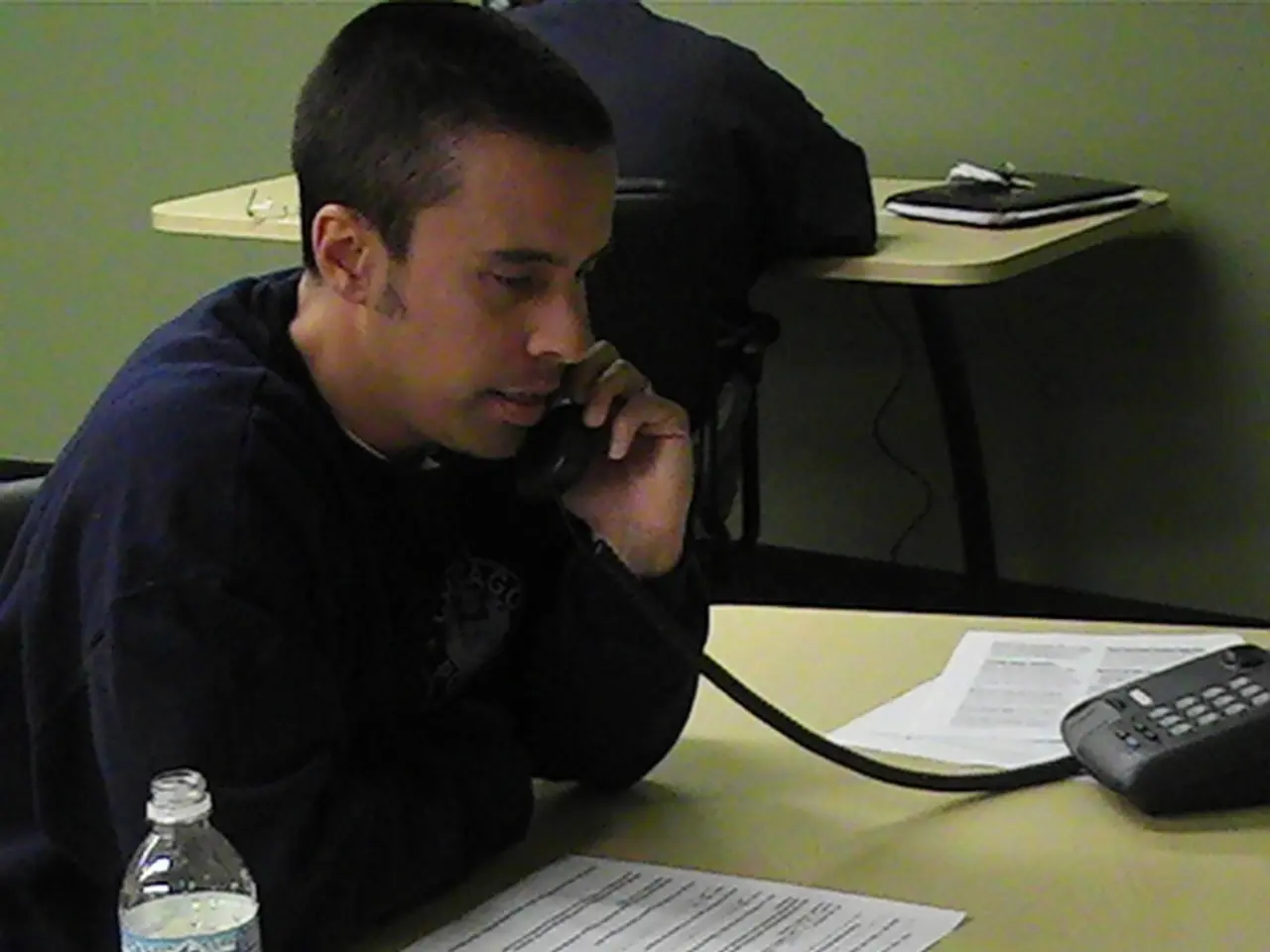AI Vulnerability Alert: MIT Report Highlights Risks of Excessive Reliance on Artificial Intelligence
In an increasingly AI-driven world, a growing concern is the potential overreliance on these tools in critical professions like journalism, healthcare, and finance. A recent MIT study has shed light on several potential risks and implications of this overdependence, emphasising the importance of human oversight.
One of the key risks identified is the decline in critical thinking and cognitive abilities. The study provides neurological evidence that heavy use of AI tools can reduce neural connectivity related to critical thinking, problem-solving, and creativity. This decline can progressively worsen after just a few sessions of AI use, creating a feedback loop where users depend increasingly on AI and lose their own analytical capabilities.
For professions requiring high judgment and decision-making, such as healthcare practitioners, journalists, and finance experts, overdependence on AI can dull essential human skills. In healthcare, this risk is compounded by AI tools sometimes being prone to errors, biases, and lack of transparency, which can lead to patient harm if humans do not maintain vigilance and expertise.
AI systems in healthcare and finance also raise issues around fairness, explainability, and robustness. Without clear, trustworthy guidelines, overreliance on AI risks undermining accountability and increasing inequalities. Professionals might defer too much to AI outputs even when these systems are flawed or biased, causing ethical dilemmas and potential harm.
In journalism and academic settings, AI can do much of the work, but this may lead to diminished personal ownership, creativity, and learning. For instance, students using AI as a "co-worker" may produce results without truly understanding or engaging with the material, which can translate to professionals failing to develop or maintain their core competencies.
In fields like finance, AI can enable rapid creation of complex systems but leave human evaluators unable to properly test or understand these systems due to their sophistication. This “automation asymmetry” means humans might trust AI outputs blindly without the ability to fully verify or interpret them, increasing systemic risk.
To mitigate these risks, organizations must invest in dual-strength systems that blend AI efficiency with human oversight. Implementing Human-AI Checkpoints, AI Literacy Training, Accountability Structures, Cognitive Health Monitoring, and regular assessments can help counter these dangers.
Maintaining cognitive sharpness in the AI age requires continual mental engagement through exercises such as blind reviews, solving challenges without tools, or debating AI-generated suggestions. Leaders should institute clear policies, promote autonomy, and normalize questioning AI outputs.
Experts worldwide continue to call for structured oversight to set ethical and technical boundaries in AI advancement to avoid weakening societal decision-making at scale. Cultivating a workforce skilled in both technical proficiency and strategic judgment ensures that AI serves as an amplifying tool, not a crutch.
In conclusion, while AI can increase efficiency, the MIT study and related research warn that overdependence can significantly impair human cognitive functions, lead to skill degradation, ethical risks, and reduced accountability in critical professions. Careful integration, continuous human oversight, and adherence to trustworthy AI guidelines are essential to mitigate these risks.
References: - Brynjolfsson, Erik, and Andrew McAfee. The Second Machine Age: Work, Progress, and Prosperity in a Time of Brilliant Technologies. W. W. Norton & Company, 2016. - Marcus, Gary, and Ernest Davis. Rebooting AI: Building Artificial Intelligence We Can Trust. Vintage, 2019. - Russell, Stuart. Human Compatible: Artificial Intelligence and the Problem of Control. Viking, 2019. - Webb, Amy. The Big Nine: How the Tech Titans and Their Thinking Machines Could Warp Humanity. PublicAffairs, 2019. - Crevier, Daniel. AI: The Tumultuous History of the Search for Artificial Intelligence. Basic Books, 1993.
- In the realm of education and self-development, over-reliance on artificial intelligence could potentially hinder personal growth by curtailing critical thinking skills and creativity, as a few sessions of AI use can lead to a decline in neural connectivity related to these abilities.
- For individuals aiming to foster personal growth and maintain competencies in fields like journalism, healthcare, and finance, it is essential to promote autonomy, understand AI outputs, and engage directly with the material to prevent a tele-dependent relationship with AI systems, which can undermine human cognitive abilities.




